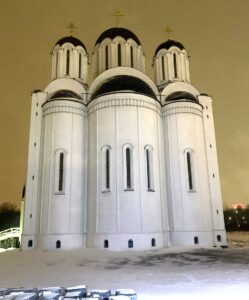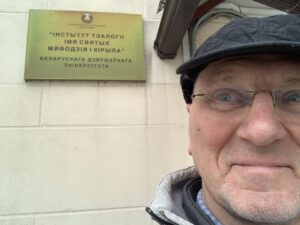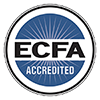The picture outside my window on the Moscow-Bryansk train is completely black-and-white, with the predominance of white for almost five hours. This is my fourth train on the trip but the first daytime one. Travelling on the overnight trains is more like a space/time-machine: you go to bed in one city and wake up on the next day in the other.
I started in Minsk, Belarus, where I was invited by the Theology Institute of Belarus State University – a rather peculiar combination of the openly secular state and a profoundly Christian college. Only in Belarus, they say, can the president of the country claim to be “an Orthodox Atheist.” I asked them to make my schedule full and they delivered. Each day started with lectures to different students’ or seminarians’ groups, and finished late at night with an event for youth, city intelligentsia, or open audiences in churches and city halls all around town. I noticed that the more restricting is the government of the state the more interest its citizens show in the issues of faith, morality, and spiritual matters in general. My nightly Q&A sessions only stopped when the building security began shutting off the lights and kicking us outside into the snow-covered streets of the city. We would then continue our conversation all the way to the university dorm where I was stationed. I am planning to be back in Belarus next May for more conversation, longer days and warmer nights.
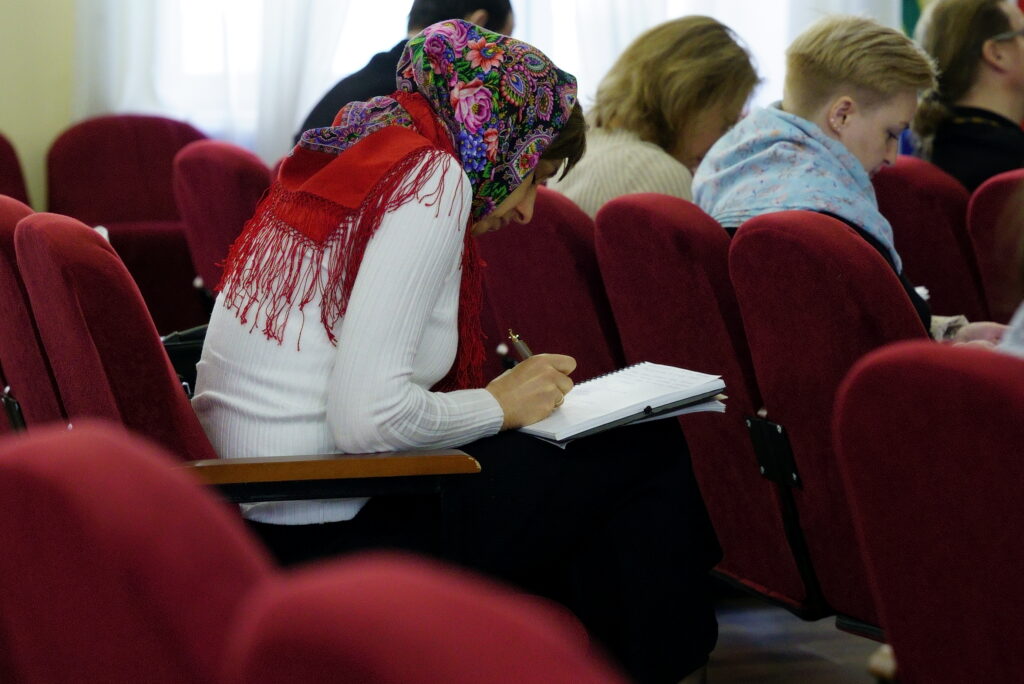
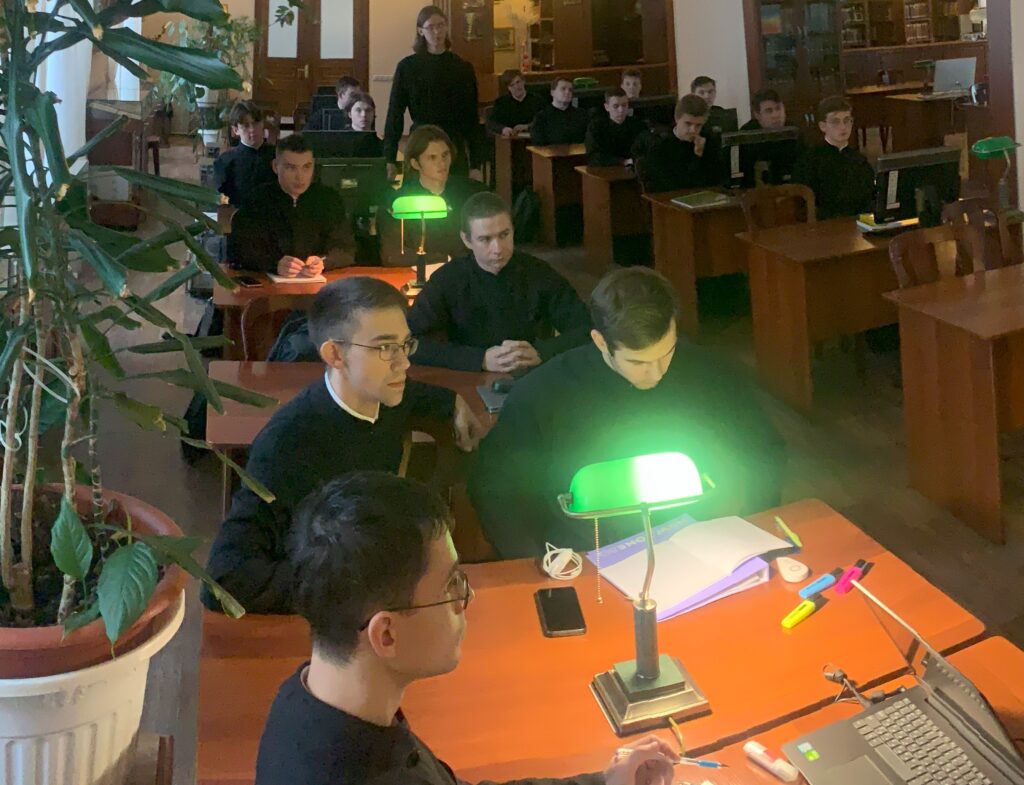
Ministry in Minsk was followed by two days each in Moscow and St. Petersburg, where I met with my usual audiences: teachers, students and, again, seminarians. By saying “usual” I can’t help feeling how very much un-usual and nearly impossible it is that public schools’ and state colleges’ doors in Russia are still open for our ministry to present the “Historic Foundations of Christian Faith” and “Intro to Christian Pedagogy,” despite the recent rather restrictive turn in the government education laws and policies. Starting this year, my public school textbook on the “Intro to Christian Culture,” for example, fell from the “recommended” category in the state roster to the “allowed” which, translated from bureaucratic language, means “prohibited.” My ministry partners, however, find ways to continue training teachers in what they believe to be essential for their and their students’ personal, professional, and spiritual life by inviting me to their conferences and classrooms. God bless their hearts and keep them safe!

